I would like to sincerely thank Andy Smart for working so tirelessly with me on this book. And a big thanks to Pete and Julie Byrne as well without their help and support the book would never have happened.
T hey talk a lot about role models these days, and any kid with dreams of becoming a footballer could do no better than follow the example of Jimmy Case.
He came to Liverpool from the non-league for about 10,000, which was nothing really, and I related to him straight away because I had been signed two years earlier for 33,000 another modest fee so we were both in the same situation; neither of us came in with a big bang.
I knew what everyone would be thinking about Jimmy because they had probably thought the same about me when I signed for Liverpool from Fourth Division Scunthorpe: Good luck son, but it wont be easy to get in the team here not if you only cost 10,000.
So expectation was zilch, but I had been in that position as well. I knew it could be done. And from day one he impressed everyone; not in an out-of-the-ordinary way but as someone who could do everything that was asked of him. He wasnt flash, he knew his place, he didnt upset the apple cart, and he just fitted in. But what would you expect? Everybody gets on well with Jimmy Case.
It was like that on the pitch just as much as off it because he was so easy to play with. The best way I can describe it is to say that Jimmy did exactly what it says on the tin. You knew what you were going to get and Jimmy knew what he could give you. He never tried to do things he knew he couldnt do, and everything he did do was eight or nine out of ten; good fitness, good ball retention, a footballing brain, an understanding of the team ethic. Thats why he got in the side and stayed in it.
Well, there was one exception: I would give him ten out of ten for shooting. I would put Jimmy in the same class as Peter Lorimer; in terms of pace and power, they were the two outstanding kickers of a ball that I have ever had the pleasure of seeing.
I think that perhaps, because he had this reputation as a hard man, he was underrated as a footballer but not by the Liverpool players and certainly not by the Liverpool fans, and they are the best judges.
I was with him at a match recently and you know what? The fans still love him. Jimmy is the kid who had gone to watch the games and then got signed to play the game himself. The fans see themselves in Jimmy. They see Jimmy as someone who was living his dream and they look at him and think that could be me.
Thats why he is so popular. Jimmy wont mind me saying this, because it is also said about me: we werent the most talented players but we got past many others who were better than us by doing the simple things well. Not looking for the world-beating ball, but looking for the right ball, and thats what Jimmy did. I have maximum respect for him.
I suppose the one thing in his career he may look back on with disappointment is that he never played for England. Why? Its a mystery to me. There was a certain period in his career when he could have played internationals, when he should have been in squads, but the only people who can answer that question would be the England managers at the time.
My own opinion is that he suffered because there were so many Liverpool players in the squad and the England managers just didnt want to pick another one. There were six at one time in a Ron Greenwood squad, plus me as an ex-Liverpool player; I think that worked against Jimmy. It wasnt right, but its the only reason I can give. Its not as if there were hundreds of better players around at the time, thats for sure!
But, credit to Jimmy, he just got on with it; it was something that was beyond his control and worrying about it wasnt going to help him. That was Jimmys strength. He kept going, week after week, playing for a top club, in a team that was winning things, never letting his standards drop.
Thats why I think this book will be of great interest, because its not just about the things he did, its also about things he should have achieved and didnt; it will open up a debate among Liverpool supporters because I know a lot of them have said that there were many worse players than Jimmy Case who won caps for England and they would be absolutely right.
Knowing Jimmy as I do, I doubt if it keeps him awake at night. He just loved playing football and he wanted to play for as long as he could for anyone who wanted him. I finished at thirty-three, Jimmy went on until he was forty-one.
That tells you everything you need to know.
Kevin Keegan
I can roll back the film in my mind as if it just happened yesterday.
It is 6 May 1977, and the old Wembley Stadium is rocking. There are 99,250 people packed into the great stadium with its Twin Towers, a sea of red as fans of Manchester United and Liverpool chant and sing, with dreams of the greatest domestic prize in world football the FA Cup.
As if there wasnt enough pressure from the crowd and the millions of TV viewers around the world, both teams were desperate to win.
United were hell-bent on lifting the cup because only the year before they had been shocked and humiliated by unfancied Southampton with that winning goal, scored by Bobby Stokes, coming out of the blue.
And we were Liverpool, cock of the North, all our focus on securing a unique treble. Already we had won the Division One title, but not only was the elusive League and Cup double on the cards, four days later we would face Borussia Menchengladbach in the European Cup final. History was there to be made.
We knew it wasnt going to be easy; there was never a chance of us underestimating the opposition, even though we were the champions. Our manager, Bob Paisley, and his coaches, Joe Fagan, Ronnie Moran and the rest of the boot room boys, would never let that happen. Arses would be kicked if any sign of complacency was shown, but we really fancied our chances.
And we knew what we were up against. United were definitely on the rise again with Tommy Docherty in charge, and they had some class players: Alex Stepney in goal, Martin Buchan, Jimmy and Brian Greenhoff, Stuart Pearson and Lou Macari, with Gordon Hill and Steve Coppell on the wings.
Hey, but we werent so bad either.
This was our line-up: Ray Clemence, Phil Neal, Joey Jones, Tommy Smith, Ray Kennedy, Emlyn Hughes, Kevin Keegan, Yours Truly, Steve Heighway, David Johnson and Terry McDermott. Substitute: Ian Callaghan.
It was set up to be a great game. Two top teams. For weeks ahead of the final, the media and the supporters had been building it up to be one hell of a clash and all the ingredients were there. We started out as favourites but, as we all know, cup ties can be unpredictable and the Wembley factor just made it an extra-special test.
It was only my second season as an Anfield professional but I dont remember any great worry or nervousness. This was what I had dreamed about as a kid playing in the streets of Liverpool: walking out at Wembley Stadium to take part in an FA Cup final and, best of all, in a Liverpool strip. They had been my team for as long ago as I could remember.
The atmosphere during the build-up was immense, all the hopes and the expectation. We were just twelve ordinary blokes and there we were, representing the red half of our wonderful city, the dreams of the faithful resting on our shoulders. And as we walked into the stadium, the fans surrounded us. I remember one shouting, Go ed, Jimmy lad, sort em out! and that type of thing hits home. That was the sort of relationship I always had with the fans: they knew I would give them everything.
As I strolled onto the pitch with my buddy, Ray Kennedy, the sun was beating down. But then again, it always seemed to shine on Cup Final day. I remember as a kid it was always a special day, no matter who was playing. FA Cup final day was a television ritual: watching the teams at their hotels, interviews on the bus,

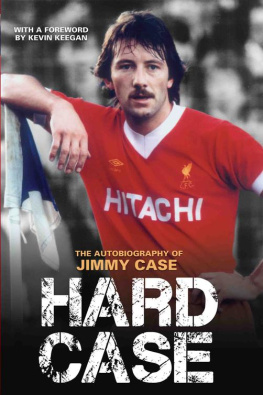
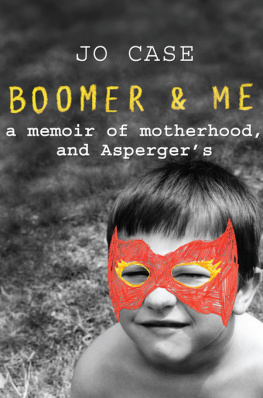
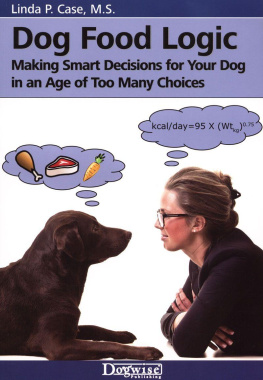

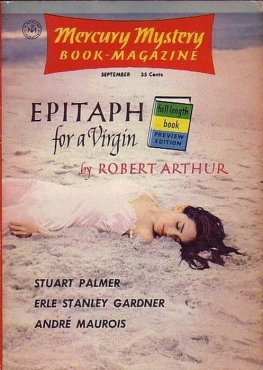
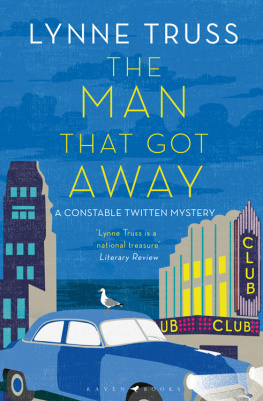
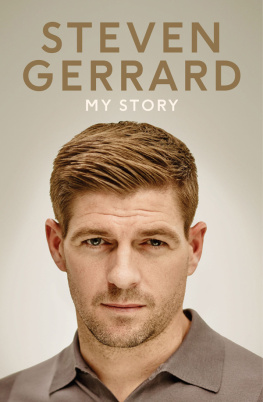
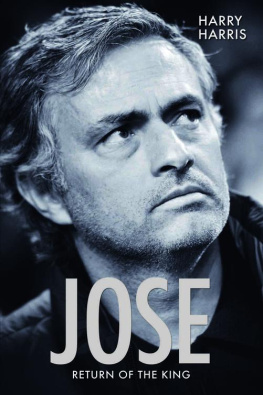
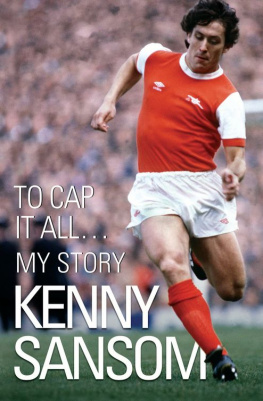

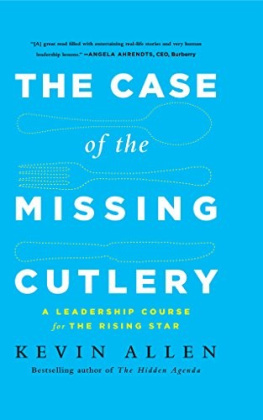

![Dietmar Hamann [Dietmar Hamann] - The Didi Man](/uploads/posts/book/46092/thumbs/dietmar-hamann-dietmar-hamann-the-didi-man.jpg)